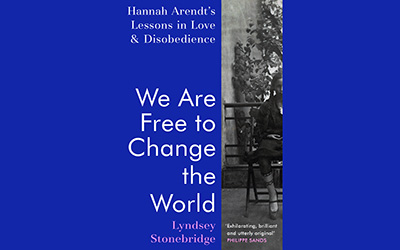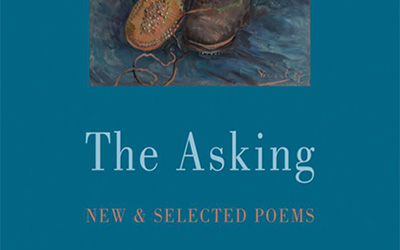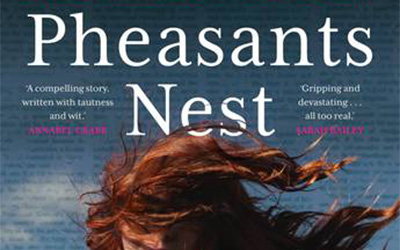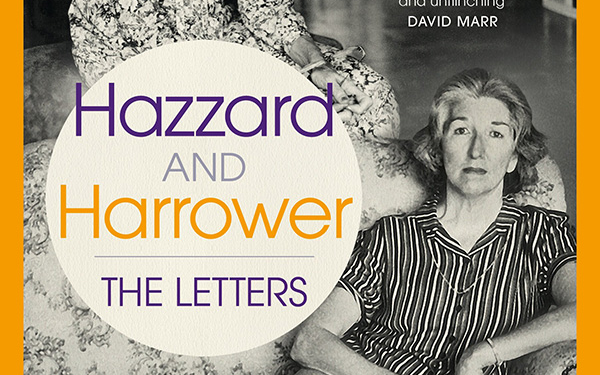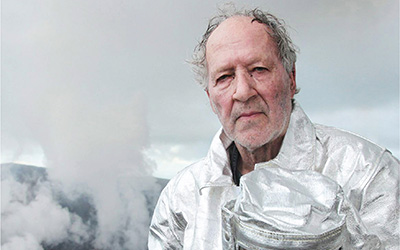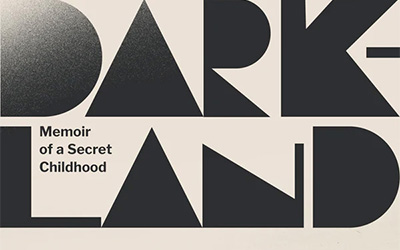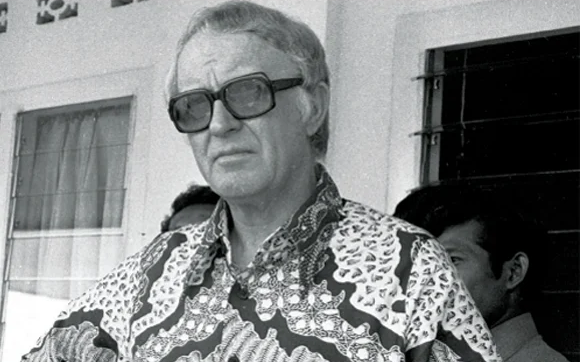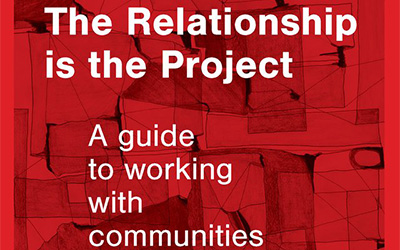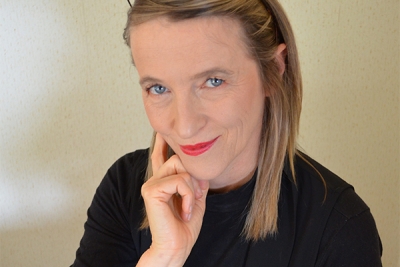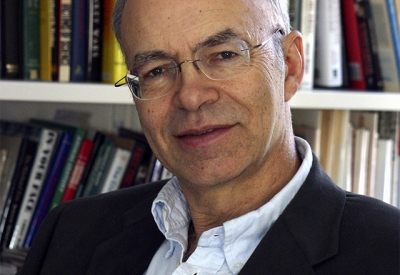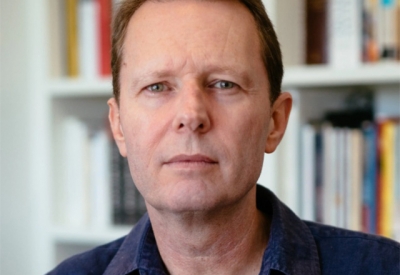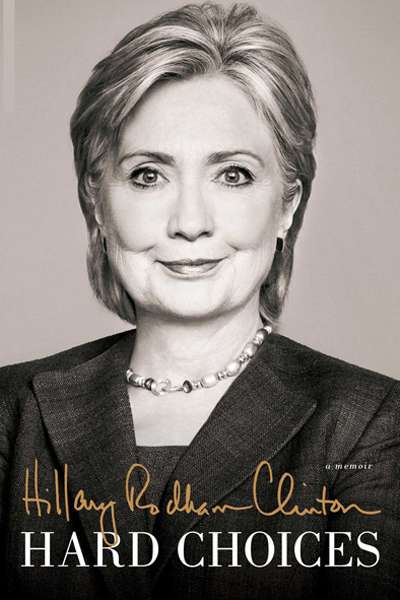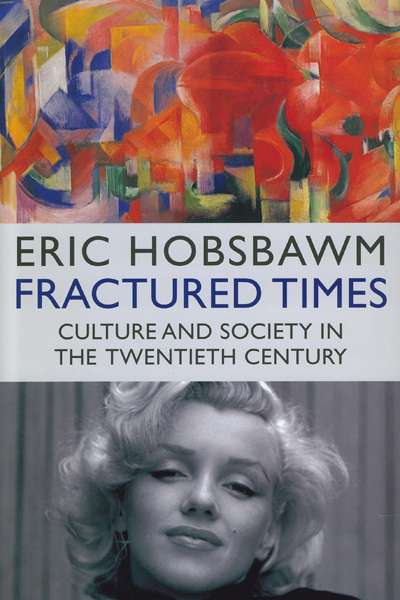Environment
Forest Wars: The ugly truth about what's happening in our tall forests by David Lindenmayer
by Dave Witty
Shortly after Black Saturday, David Lindenmayer was giving a seminar on post-bushfire recovery when a member of the audience yelled out, ‘If it wasn’t for you greenies, none of this would have happened.’ Lindenmayer’s response was neither defence nor attack, but rather to rephrase the man’s words. ‘Your hypothesis,’ he said, ‘is that a fire in a forest that is logged and regenerated will be less severe than a fire in an intact forest.’ Many years of research followed this heckle. The result? A counter-intuitive finding that fire severity increases in logged forests.







